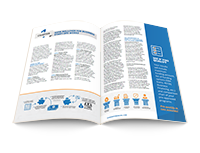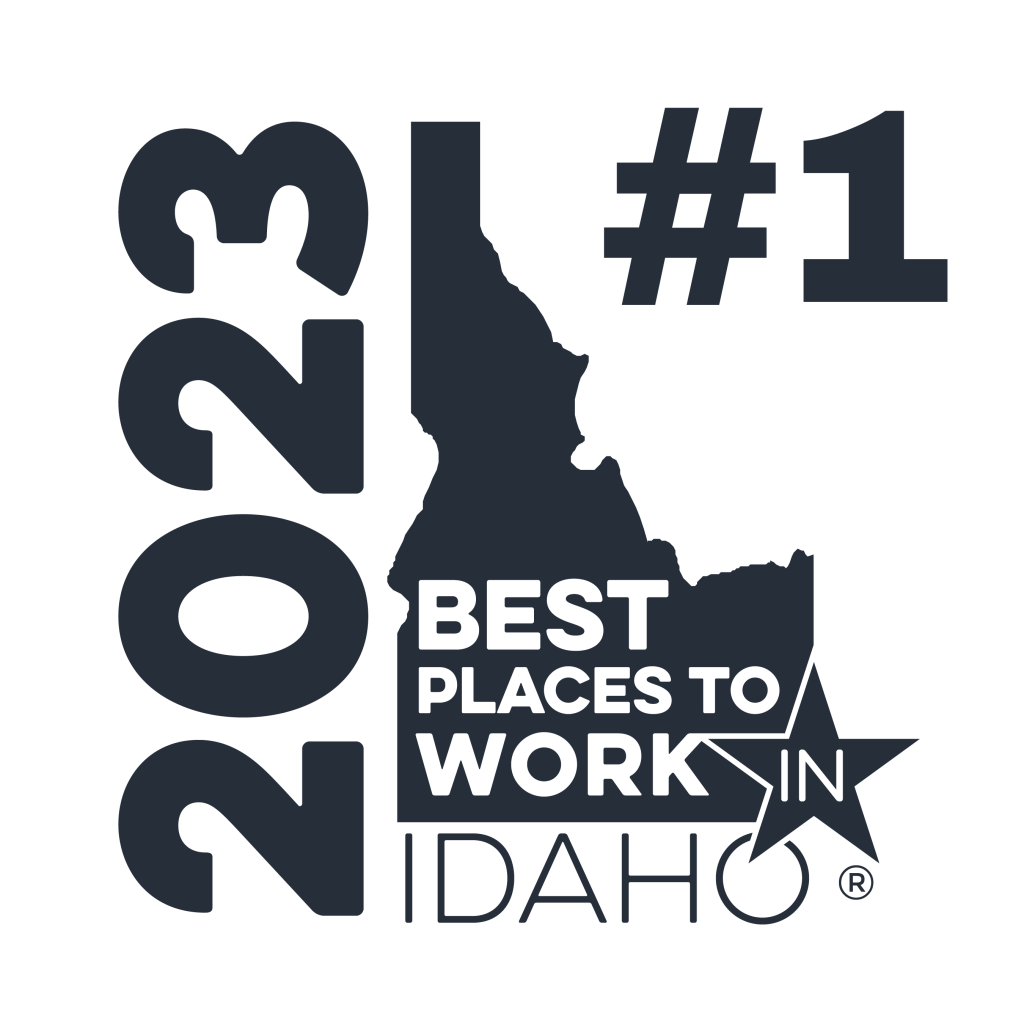Rollovers for Business Start-ups FAQs
Finally, you’re here! You’ve reached the last chapter of the Complete Guide to Rollovers for Business Start-ups (ROBS).
The Six Most Frequently Asked Questions About ROBS
Bookmark this page for an on-demand refresher about the basics of ROBS with these six most frequently asked questions.

Where did ROBS come from? How long has this been around?
Rollovers for Business Start-ups (ROBS) has been around for decades. It created when Congress wanted to give American workers another option for growing retirement assets. Congress passed a law (ERISA) that lets a 401(k) plan invest in Qualified Employer Securities (QES), which then lets you fund a business. Learn more about the history of ROBS in Chapter 1.

Is using my 401(k) to fund a business a tax loophole?
No. The Employee Retirement Income Security Act (ERISA) works with sections of the Internal Revenue Code. This combination makes Rollovers for Business Start-ups a legal, IRS-acknowledged form of using your retirement funds.

What types of business can I fund with ROBS?
With ROBS, the world is your business oyster. You can start a business from scratch, buy an existing business, open a new franchise location, or buy an existing franchise location. The only exceptions are businesses deemed to be “solely the investment of capital.” That means factoring businesses or loaning your retirement funds to others are a no-go.

What is the max employee deferral contribution I can make to my new 401(k) plan?
The maximum annual contribution in 2023 is $22,500, though this fluctuates year to year. If you're over 50, you're allowed an additional $7,500 "catch-up" contribution.

Is ROBS legal?
Yes, ROBS is legal. Check out Chapter 1 for a deep dive into the structure and history of ROBS.

Can I pay myself a salary while working for my new company?
Yes. In fact, it’s encouraged. When you earn a salary, you can then commit a percentage of that back to your retirement fund. The salary you pay yourself needs to fall within reasonable bounds. That means if your company’s annual revenue is $100,000, a salary of $200,000 likely falls outside of the “reasonable” requirement.
Pre-Qualify Today!


















